Michael Mashiri
When he got US$10 from his sister, a Masvingo man chose not to listen to ignore the hunger growls in his stomach and invest in escaping the tenacious tentacles of poverty.
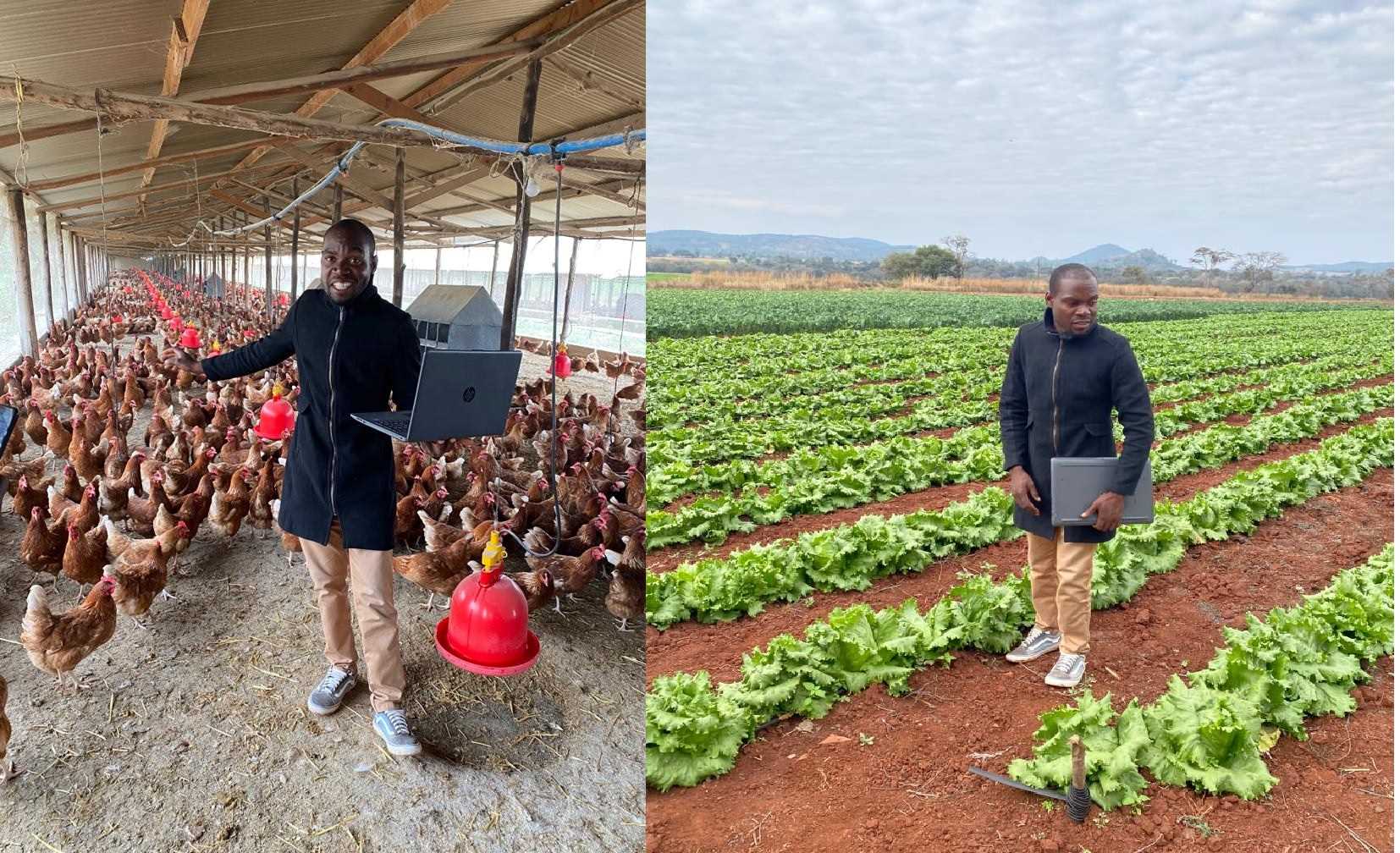
Officer Mashamba, 30, is now the owner of FarmBoy AgriLife, a company that deals with the growing and production of horticultural crops (solanaceous, brassica, root and tubers, and legumes), fish farming, free-range poultry, and Black-Soldier Fly farming.
The company also offers agricultural consultancy services ranging from crop management, irrigation types and efficiency, market linkages, creating a solid customer base, and more.
The Great Zimbabwe University Economics dropout who is now back at the institution studying Business Management says he thought leaving college without his degree was the end of the world.
"Waking up each morning was like torture to me. Poverty became my king and reigned over me for a time," he said.
And he slid into despair as he thought of his former college mates galloping towards the shared vision of well-paid financial managers while he was at a dead end.
In 2019, at 26, Mashamba got married. And poverty stalked the young family.
"I remember one time we washed sorghum seed in hot water but the color could not fade and we had to take it to the grinding mill as it was. The sadza was green in color and the relish would be soya chunks without cooking oil and tomatoes were a luxury.
"We ate for survival. To make matters worse, my wife was nursing, yet we could only afford one meal per day," Mashamba remembers.
Then came the turning point in his life, when Mashamba realized that poverty was a choice because he was only poor in mind.
"2019 made me realize the factor endowment principle. My rural home has 2.5 hectare of land, a deep well running all year round and we had a working diesel water pump stored in my mother's house.”
Mashamba put aside all his pretensions of his station in life and decided to use his hands to bring to fruition what his mind could see in the future. A sibling put in the small capital that he needed to set him off.
"In May, my elder sister, Silence, gave me US$10 note when I told her of my plan in farming.
"That was the genesis of my life. I bought a 20g Rio Grand tomato seed packet and prepared a nursery bed.”
With no other resources, Mashamba committed to back breaking labour and turned to Mother Nature.
“I had no money for fertilizers, so I used murakwani (decomposed organic matter). I pushed the wheelbarrow with 3 by 50kg sacks from the great Save River, a distance of about two kilometers, on a daily basis for about a week.
"Since I had no savings, I did all the manual work. My mother and my wife would help. I remember we did ridges together using hoes and a line. We transplanted our tomatoes in June and they covered about 0.1h and they started ripening in mid- August," said Mashamba.
To keep him going, Mashamba relied on the inspiration of music:
"Tocky Vibez's song, 'Simudza usakande mapfumo pasi,' was my chorus day in day out. Jah Cure's 'I wanna rule my destiny' was my prayer. Busy Signal's 'Dreams of brighter days' was my anthem," he said.
Those tomatoes turned Mashamba’s fortunes. From the proceeds he built a modest house to call his own lodging through tomatoes and bought five she-goats. He also got to visit the capital city for the very first time in his life.
Related Stories
"I have seen the true definition of grace, those tomatoes sold like hot cakes and my highest sale reached US$600 in one week.
With such rewards, it was an easy decision fort Mashamba to invest more in the soil. The painful toil was now rewarding labour.
"From lamenting to rejoicing. I expanded my operations from 0.1 hectare to 0.3 hectare by December. I started enjoying farming, realising how it had catapulted me.
In 2020, Mashamba joined the ZRBF-ECRAS Project which was putting emphasis on youth run enterprises, attending workshops on food preservation and value addition, AgriBusiness Management among other lessons.
In 2021 he scaled up to a full hectare. 2022 the gates opened for him.
"I received a donation of two fishponds from the Project, though I contributed 20 percent of the outlay.”
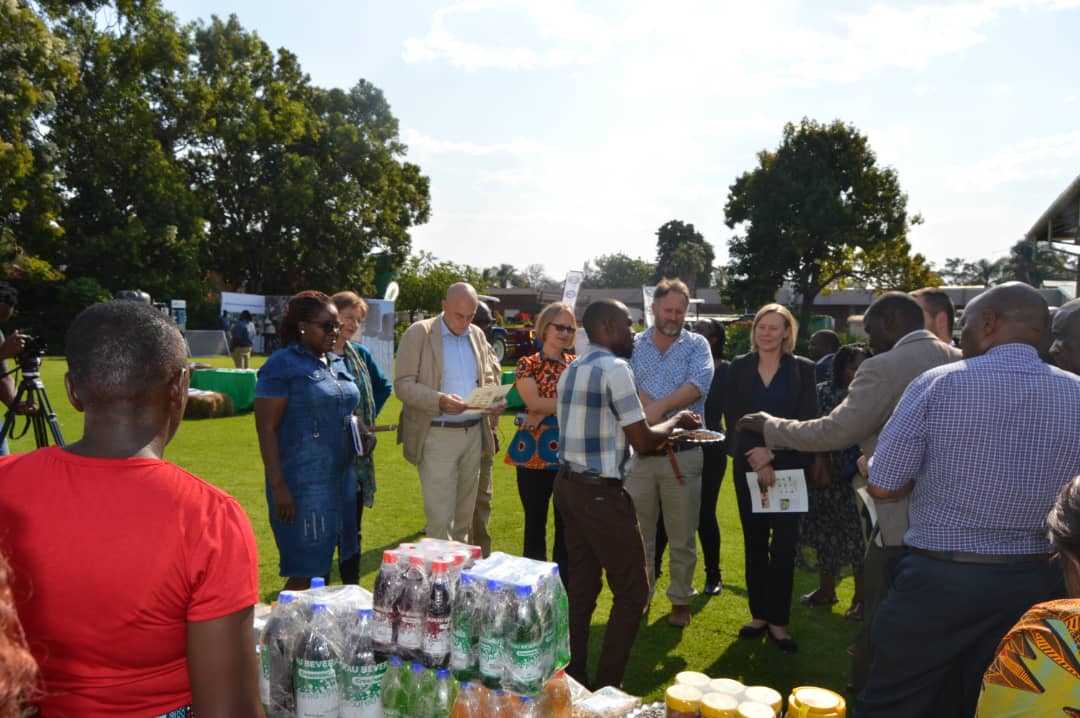
Mashamba was now a role model and in May he hosted the Deputy Minister of Lands, Fisheries, Water and Rural Development Hon Vangelis Haritatos and the media and well as ambassadors from the European Union and the Swedish Embassy as well as directors of Care International, Plan International.
In September that same year, Mashamba went to Bulawayo to attend the ZRBF Conference for one week. He was the only farmer form Chiredzi and given a chance to speak.
"I left a mark when I was called to the podium to give my testimony and everyone knew FarmBoy as the new guy in the industry," he said.
In November, he received a donation worth US$12 000 which included drip irrigation system and security fence for 1 for one hectare and state of the art solar pumping system.
The next month, he received a brand new grinding mill, ending his year on a truly high note.
Heeding deputy minister Haritatos advise to return to school, Mashamba re-enrolled at GZU and is now juggling studies and farming.
"My day starts at 5am, I will be in the field till 11am. From there up to 2pm I will be either reading, researching, on internet or doing any school work. After that, at 2pm up to 5pm, I will be in the field again as I try to get involved in every level and every activity.
"From 7pm up to 10pm is again mostly a school time," he said.
He said the farming industry is one of the most lucrative sectors in Zimbabwe if people venture into it with the seriousness and focus it requires.
Mashamba highlighted that the Ministry of Agriculture should actively inspire young people on how agriculture can positively impact them.
"I suggest that the ministry should have a Zimbabwe Farmers Day on calendar and us the platform to focus on the previous year's production report, new farmers registered, new markets which needs exploitation, new methods of production, as well as exhibit alternative or affordable methods or equipment," he said.
He added that it was necessary for the government to motivate young farmers, for example by providing access to smart energy systems. An arrange skills transfer versus innovation through workshops incorporating young and the seasoned farmers.
Mashamba said willpower is the most important resource that one needs to succeed.
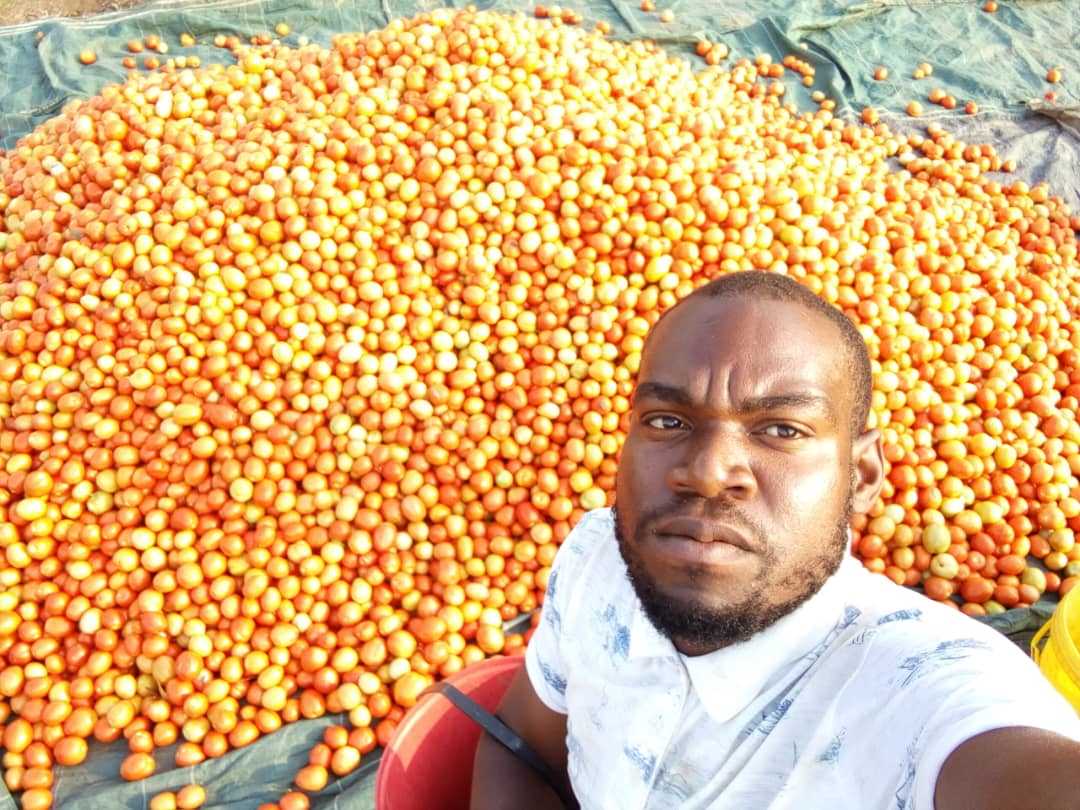
"In Economics there is what is called factor endowment. This principle is simply saying there is something around you which you can use to make money. Look around you, what farming advantage do you have? Use it.”
"Whatever little you have, if put in the right direction and worked upon can cause your jars to overflow, you have to get up and try, try, try," he said.










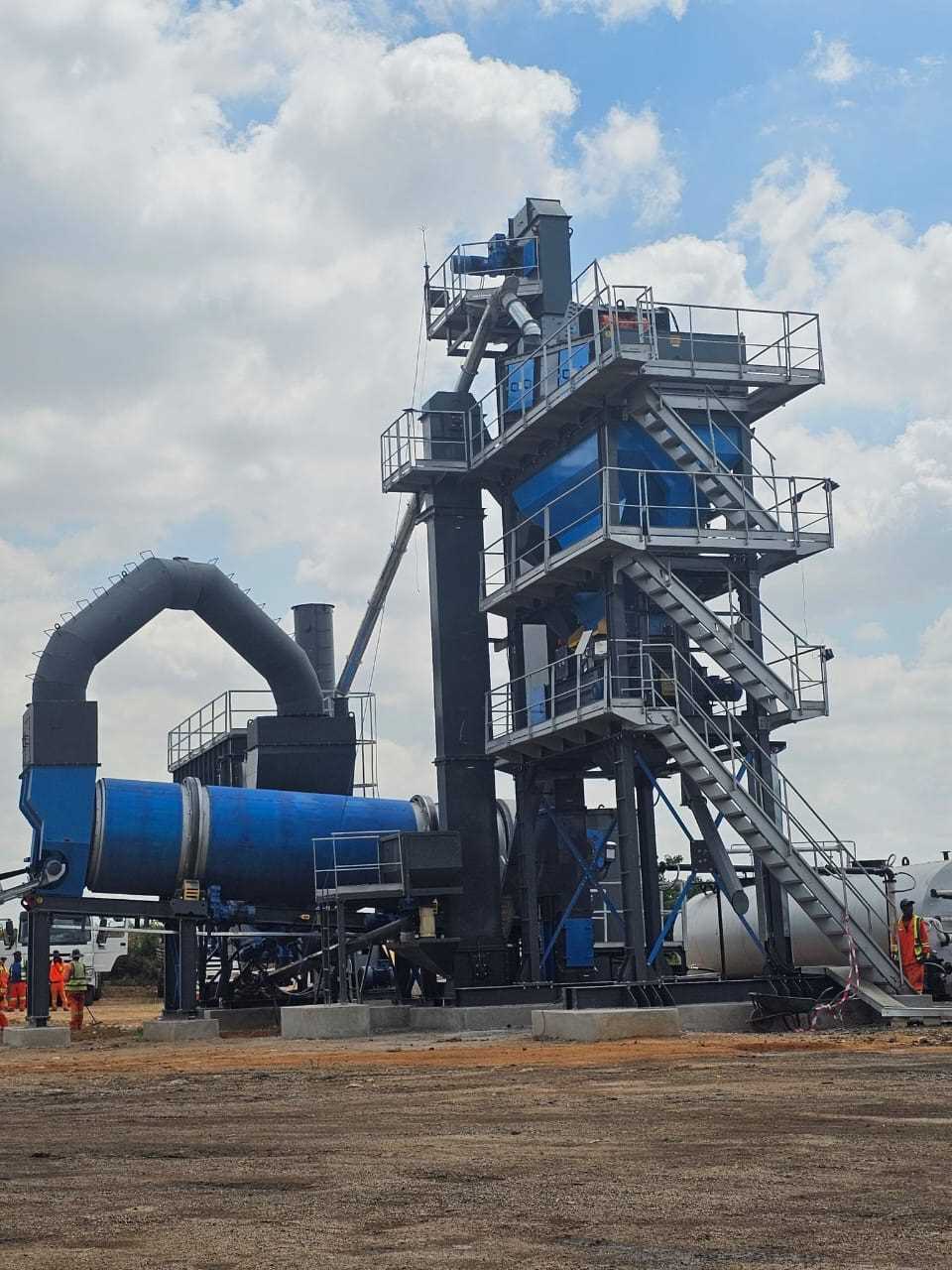




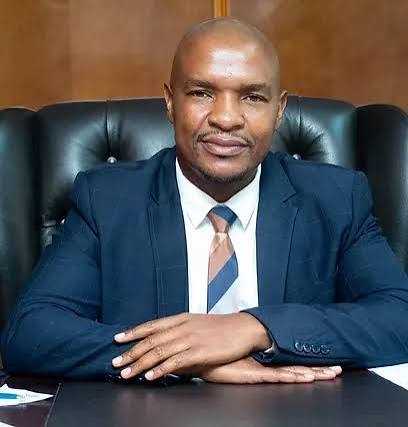
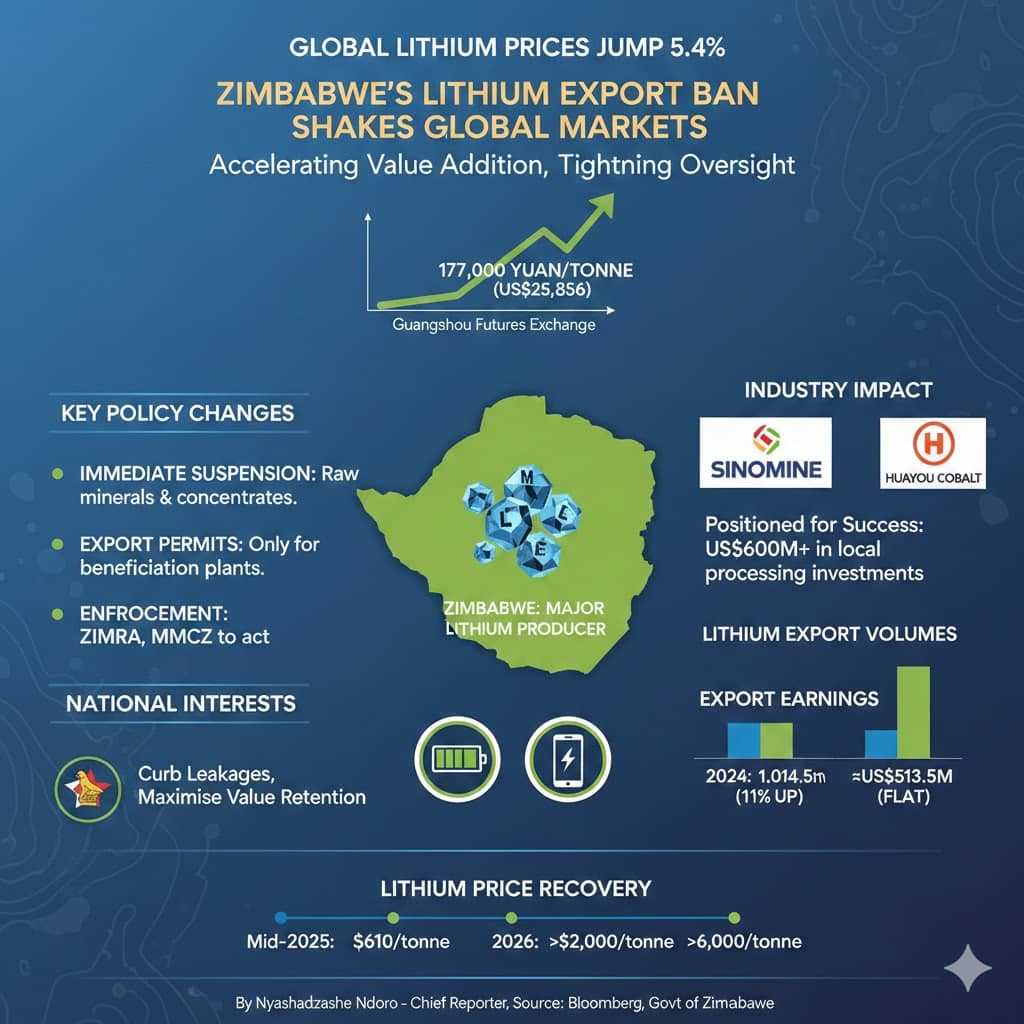


Recent Comments
Officer Mashamba
A journey of sacrifice...a journey of commitment